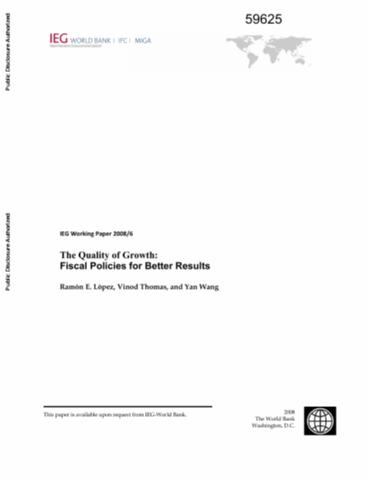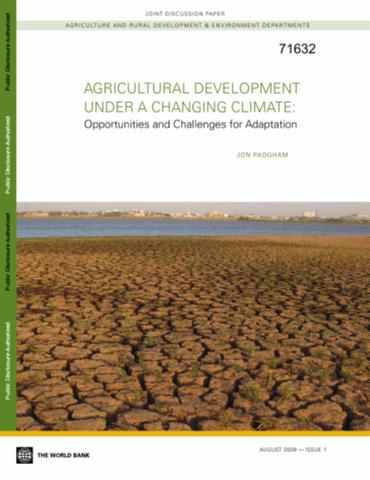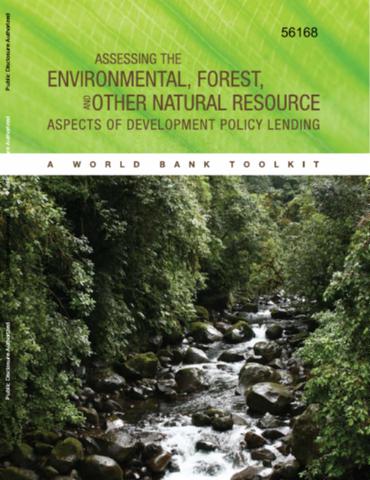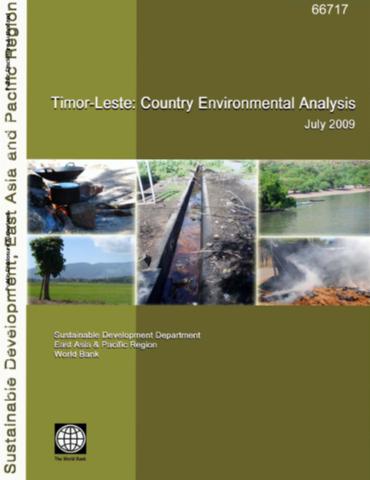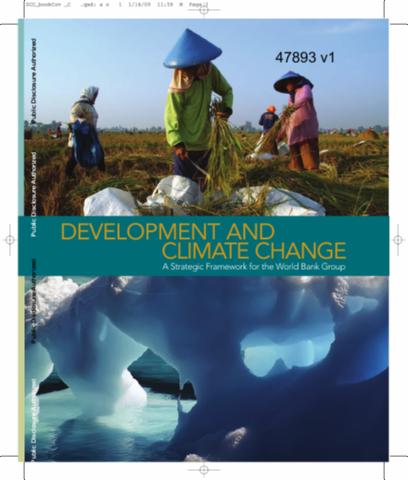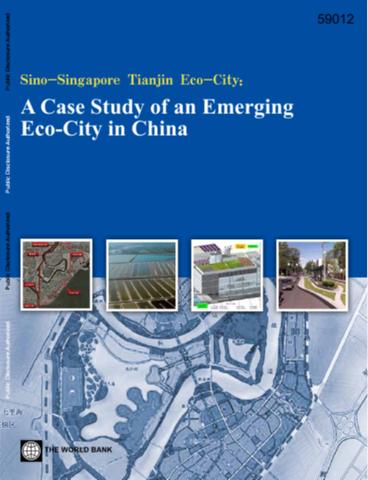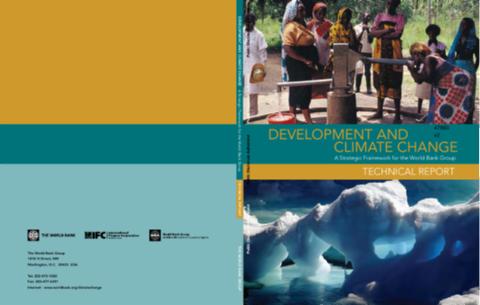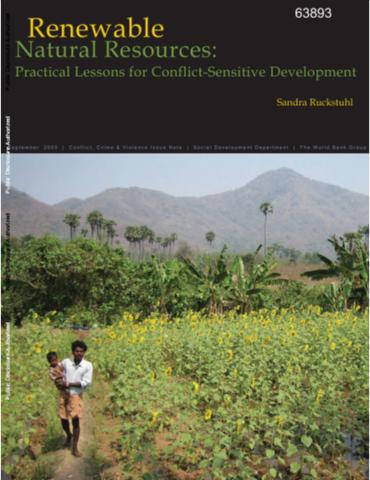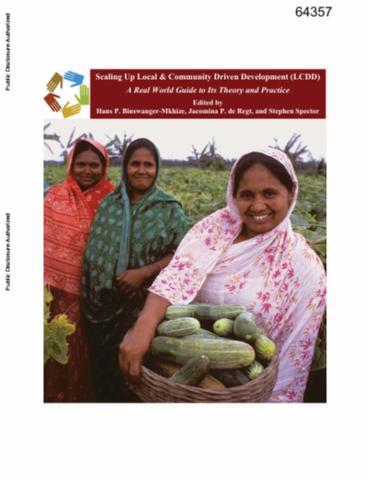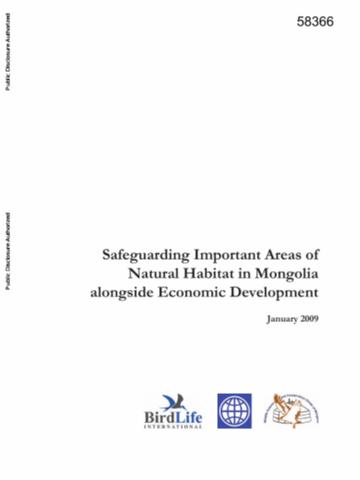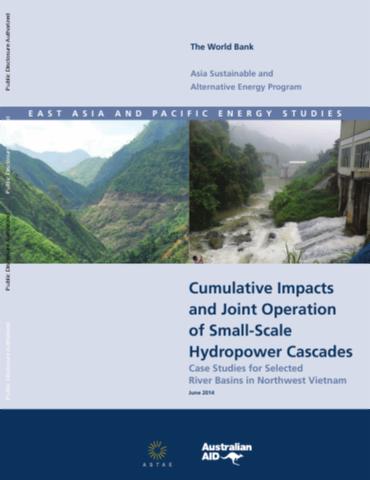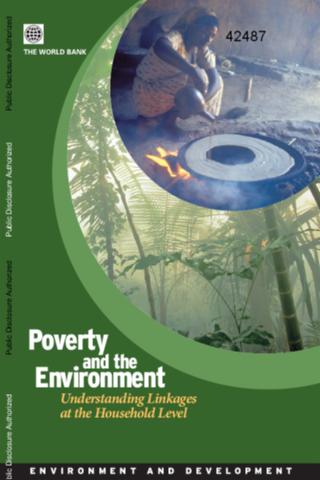The Quality of Growth
The world faces unprecedented opportunities to reduce global poverty and improve human welfare. Strong global growth and better economic policies in recent years have substantially reduced poverty in many developing countries. However, with the recent financial turmoil in the United States and rising prices for food, oil, and other commodities, the world economy faces heightened risks and volatility. Policymakers around the world face the challenge of maintaining momentum in growth, as well as of improving the quality of growth.

